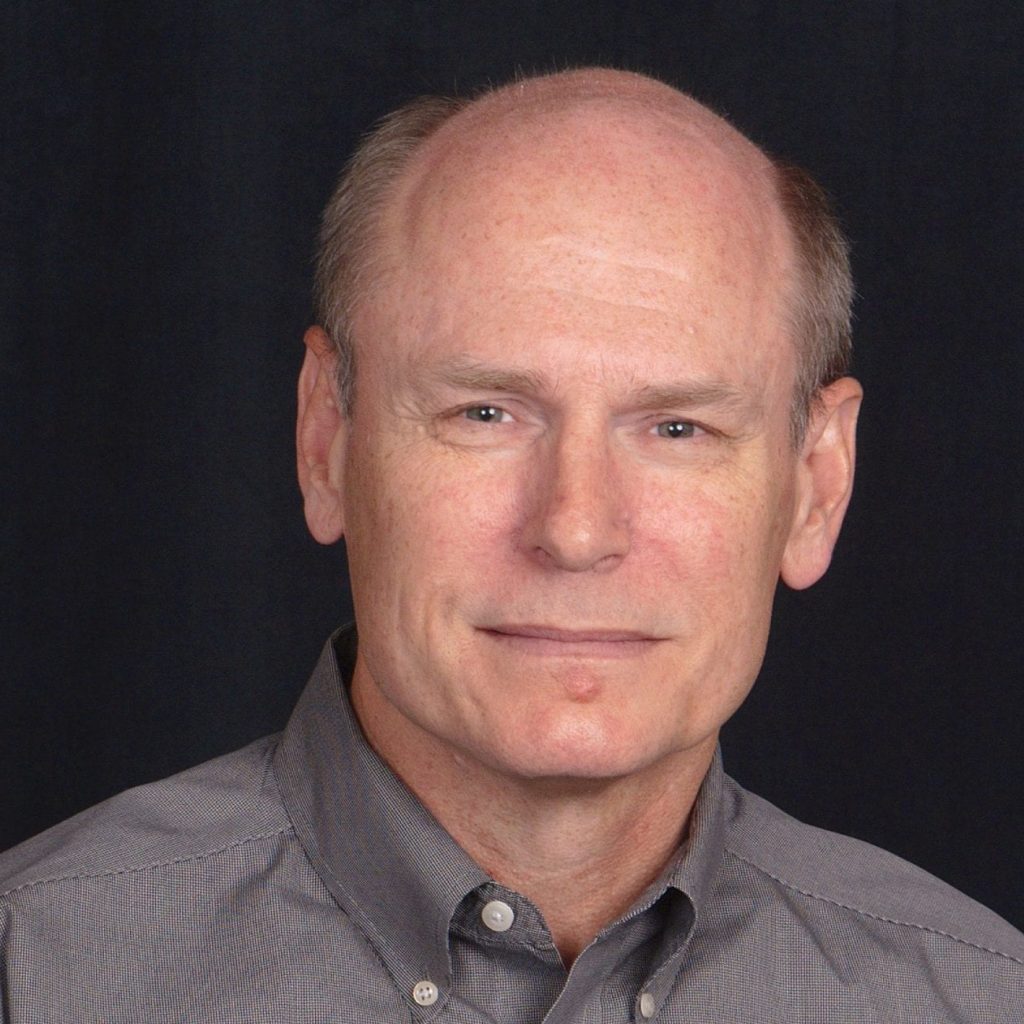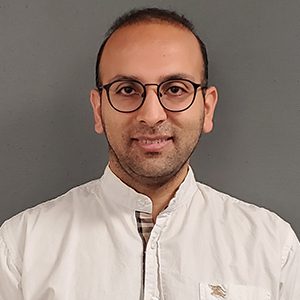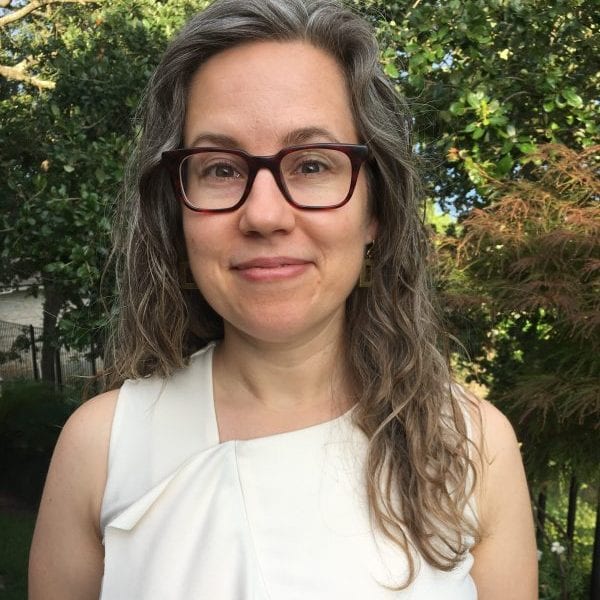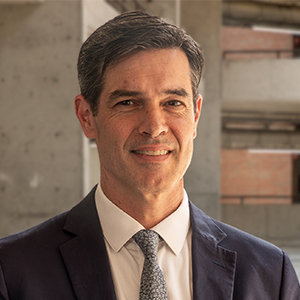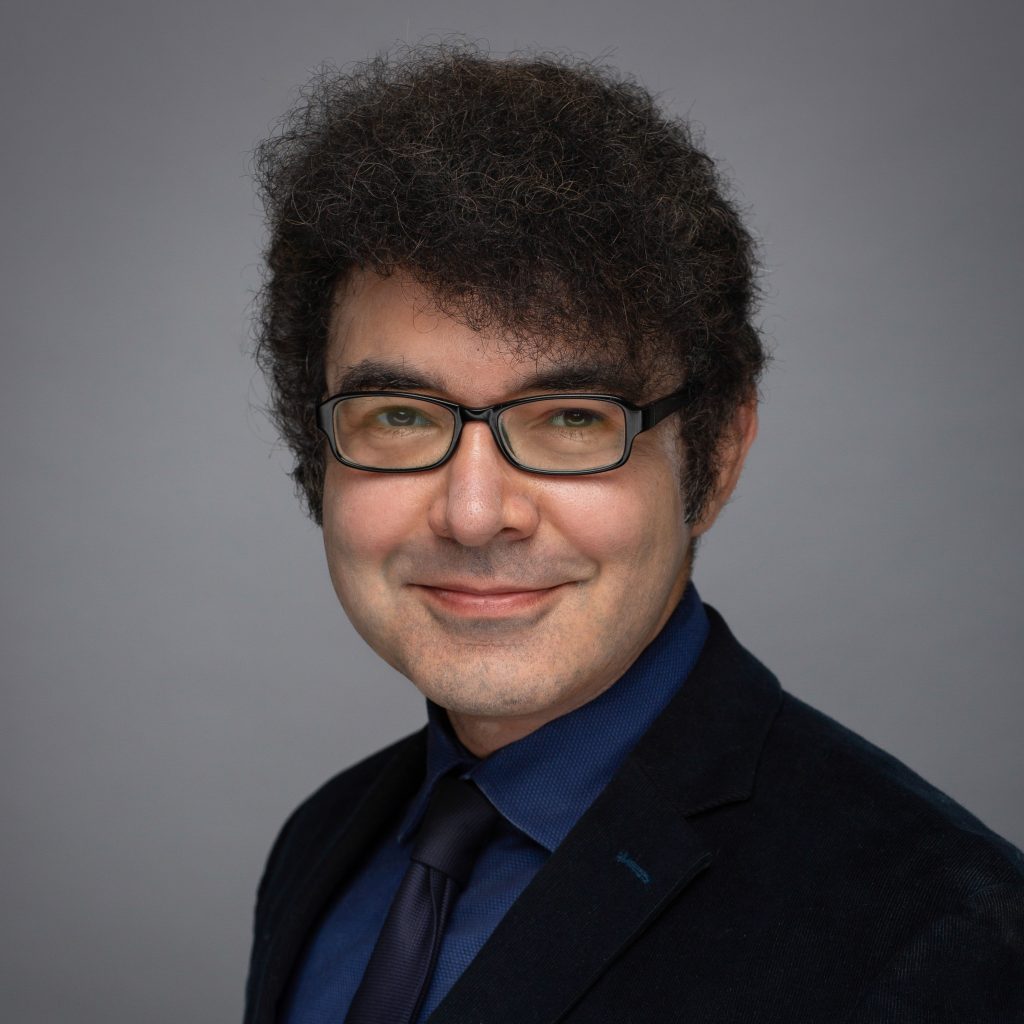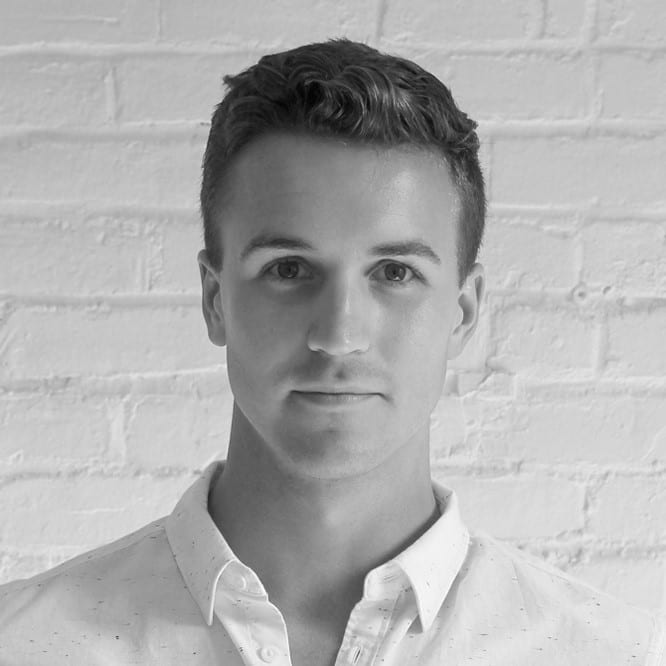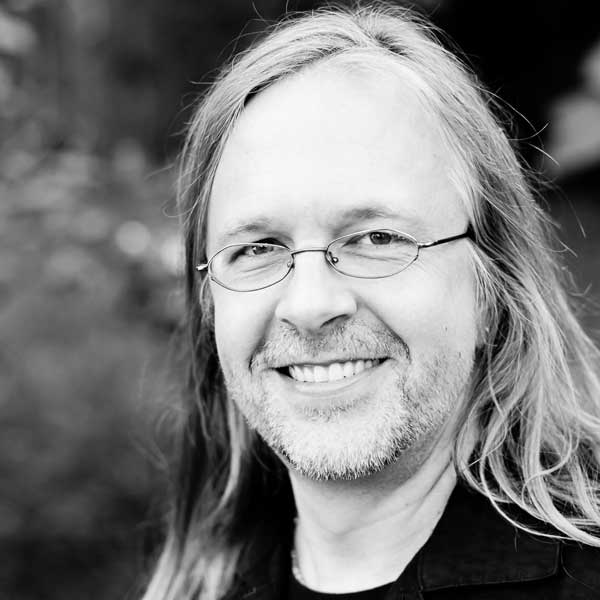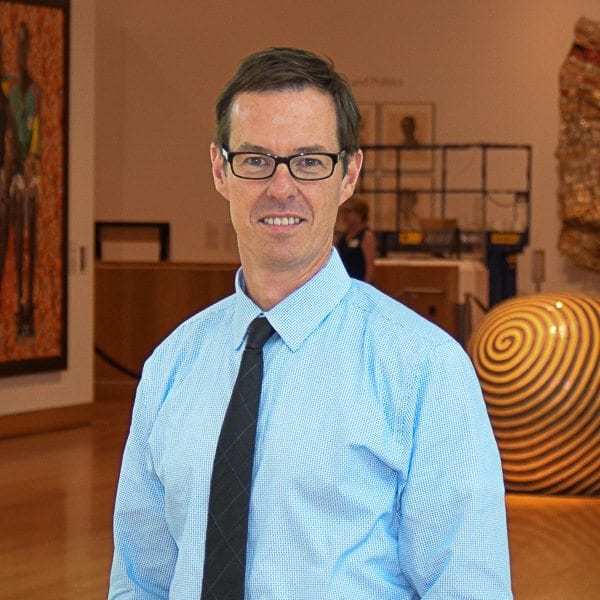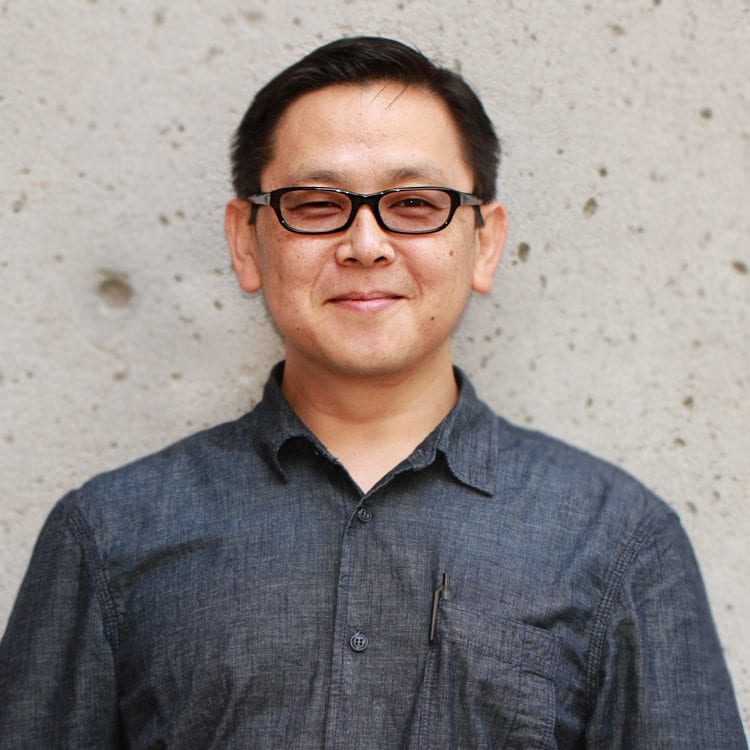Areas of Focus:
Sustainability (Built Environment Resilience, Sustainable Architecture and Design)
Research:
My work focuses on the sustainability and resilience of communities at multiple scales. Taking shape as individual building design to neighborhood / urban design, past project experience includes affordable housing, disaster relief, historic preservation, public art, educational spaces, and active transportation. This focus aligns with the development of new course work and program offerings in Public Interest Design / Community Design. A current research/writing project with Coleman Coker at UT Austin focuses on designers understanding of environmental issues and its impact on practice / design for communities.
Bio:
Sarah Gamble is a registered architect and educator with a passion for the public realm and community projects. Gamble teaches architectural design for graduate and undergraduate students at the UF School of Architecture, following teaching at the University of Texas at Austin from 2011 to 2018. Gamble’s academic research focuses on context and how design is catalyzed by the surrounding environment and our understanding of it, including physical, cultural, social, and ephemeral facets. This focus feeds her architectural practice, residing in public interest design, a field incorporating elements of urban planning, architectural design, the arts, social work, community engagement, and education.
A native of Florida’s Gulf Coast, Gamble’s practice has focused on the southeastern United States within the public and non-profit sectors, including creative placemaking, historic preservation, community engagement, affordable housing, disaster recovery, and institutional design. In 2018, Gamble served as the State Architect for the Texas Historical Commission’s Main Street Program and its 80+ member communities providing design and revitalization consulting services, in addition to developing resources for the public. From 2011 – 2017, Gamble co-founded and co-led GO collaborative (Gamble Osgood Collaborative), a design and planning firm connecting people with place with clients and grantors including the National Endowment for the Arts (NEA), City of Calgary, and ArtPlace America. GO collaborative led the creation of Exploring Our Town, following an 18-month research and design process. This interactive, online resource serves policymakers and the public at many steps along the creative placemaking path and presents information for communities planning or implementing their own projects by providing succinct case studies, topic overviews, and applicable lessons learned from both individual projects and from overall project efforts. The resource features 70+ completed or on-going projects from across the country that received funding through the NEA’s Mayors’ Institute on City Design 25th Anniversary Initiative (MICD25) and the annual Our Town grant program. From 2009 – 2011, Gamble served as Architect of the Austin Community Design and Development Center, a non-profit community design center focused on affordable housing. She focused on the design of homeless transitional housing and led an infill affordable housing program, the Alley Flat Initiative. From 2007 – 2009, Gamble was a designer at Specht Architects (formerly Specht Harpman Architects) in Austin working on projects at St. Edward’s University. Gamble’s focus was the award winning Doyle Hall, a renovation and addition to a 1950’s mid-century dormitory to the home of the School of Social and Behavioral Sciences. The project received a AIA Austin Design Award and was featured in Metropolis and Architect Magazines. From 2006 – 2007, Gamble co-founded and served as Coordinator of the CITYbuild Consortium of Schools, based at the Tulane University School of Architecture. The organization served 17+ national universities to assist in New Orleans’ rebuilding following Hurricane Katrina. In 2008, Gamble received a ACSA Collaborative Practice award for this work.
As a professional and volunteer, Sarah has been recognized for her advocacy and design work within Austin and beyond. In 2015, Gamble received the Young Alumni Award from the University of Florida School of Architecture and was featured by Austin(its) Magazine as one of 21 Austinites making a difference. In 2013, she was featured in Texas Architect magazine as one of “4 Under 40” architects and named one of Austin’s “10 to Watch” in 2011 by Tribeza Magazine for her positive impact on the city
